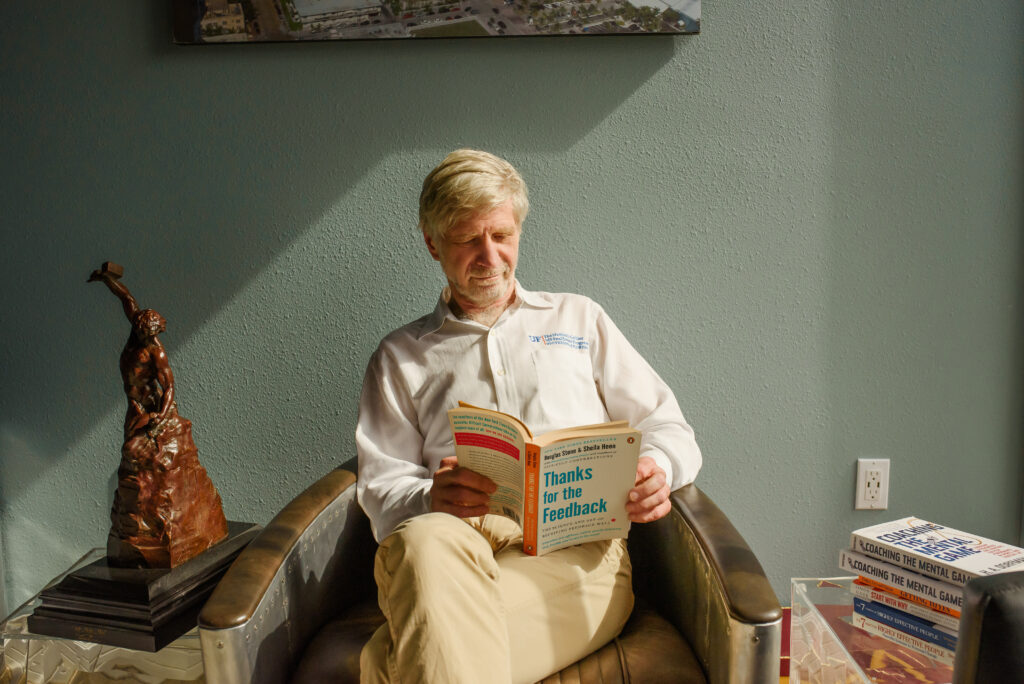 I am a good finder: I look for the best in everything and everyone. This is one of my favorite affirmations, part of my personal self-concept.
I am a good finder: I look for the best in everything and everyone. This is one of my favorite affirmations, part of my personal self-concept.
When dealing with people, most respond better to praise than to criticism. To be most effective, praise must be : honest, earned, specific, genuine, heartfelt, authentic.
That’s quite a list, but if you try, if you look for the good, if you are a flexible reframer, you will find plenty of opportunities to praise effectively.
Being a good finder does NOT mean you are blind or oblivious to faults or negatives, particularly those that are mission critical. Obviously, you still move quickly to correct any cracks in the dike. I am always rigorous in my SWOT analysis (Strengths, Weaknesses, Opportunities, and Threats). Those who know me know that I am vigilant about protecting against the downside of any venture or investment, incredibly diligent in my risk analysis.
Being a good finder does not mean you are an ostrich with your head in the sand. It simply means that as you select and prioritize among issues you will address, with limited time and resources at your disposal, you have enough people smarts to know that you catch a lot more flies with honey than with vinegar.
I’ve found that 9 times out of 10 when I have poor performance I’ve got the wrong person in the wrong slot. Find the right position, alter the job description to match strengths and interests, and I’ve seen many “laggards” blossom into stars. And yes, occasionally there is nothing to be done but to “free up the future” for him to find the position that aligns enough with his passions and interests to bring out his best.
I’ve always felt that one of a leader’s most important jobs is to bring out the best in her people.
Being a good finder means you are always alert for the best in people, their undeveloped qualities. By always being on the lookout for the best in everything and every situation, you are more disposed to see opportunities that lie before you. You have a greater awareness of untapped potential, opportunities and potential that others, more narrowly focused on fault finding, are much more likely to overlook.




